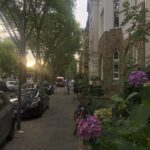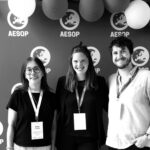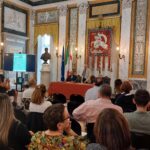
Create walkable urban neighbourhoods for everyone
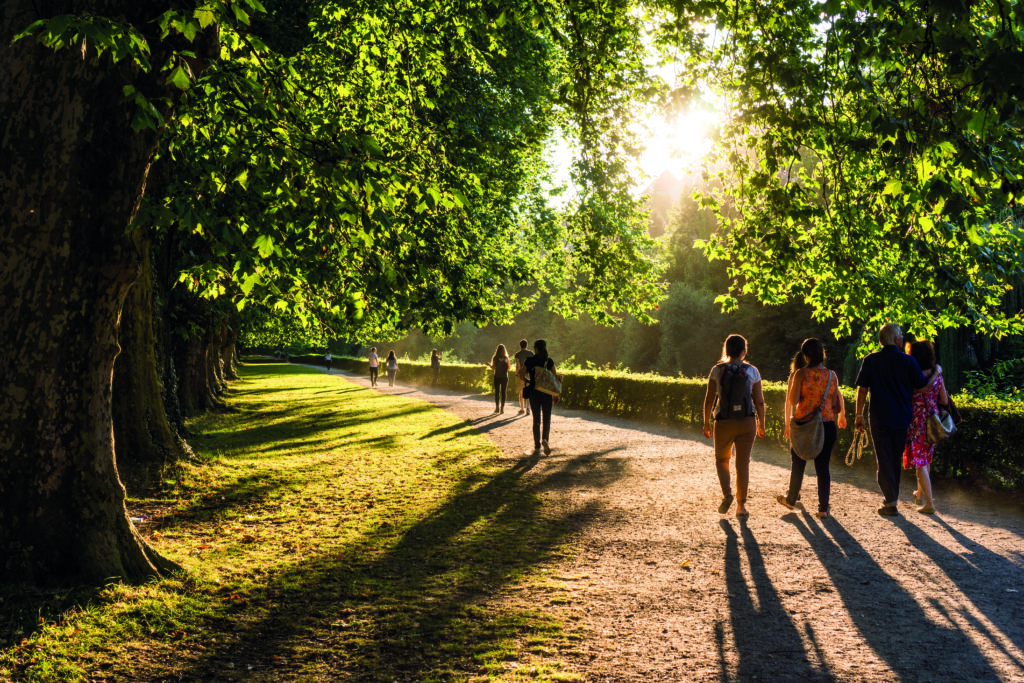
What factors promote the walkability?
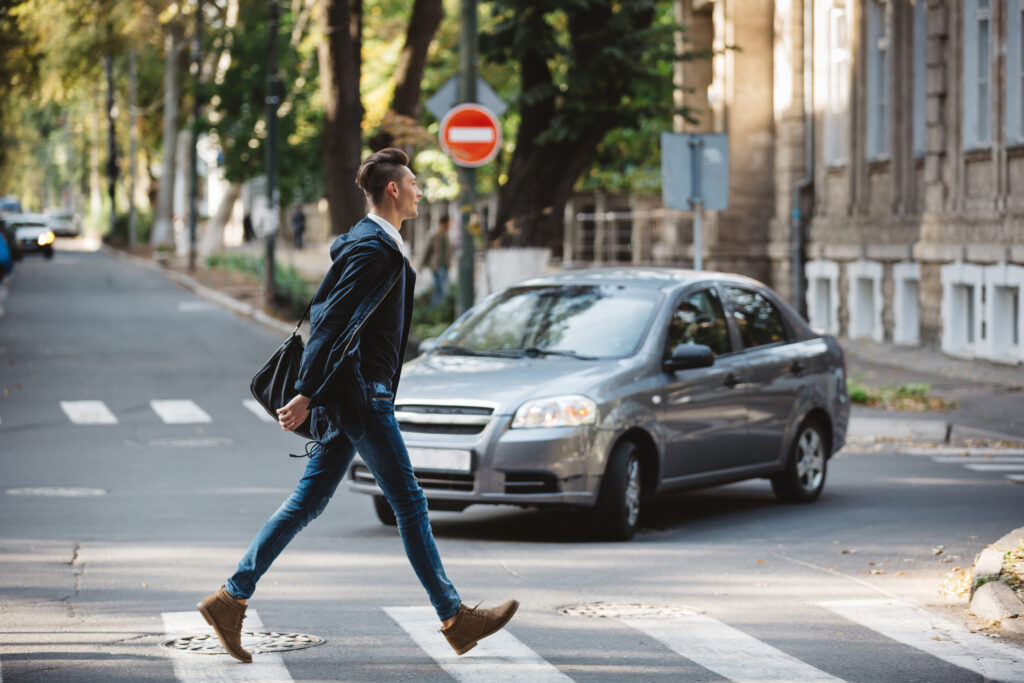
Free up the potential for walking
Left to right: © AdobeStock 142836312, 73158441, 73158441
WalkUrban Results
WalkUrban aims to better understand local accessibility and urban walkability in order to free up the potential for walking.
For more information about WalkUrban project go to about or load our published booklet where you can find all the informations:
(The Button brings you to the english language version. For the versions in german, italian and swedish
please click the links or visit the country’s city in the “study areas” section of this homepage.)
Final Conference
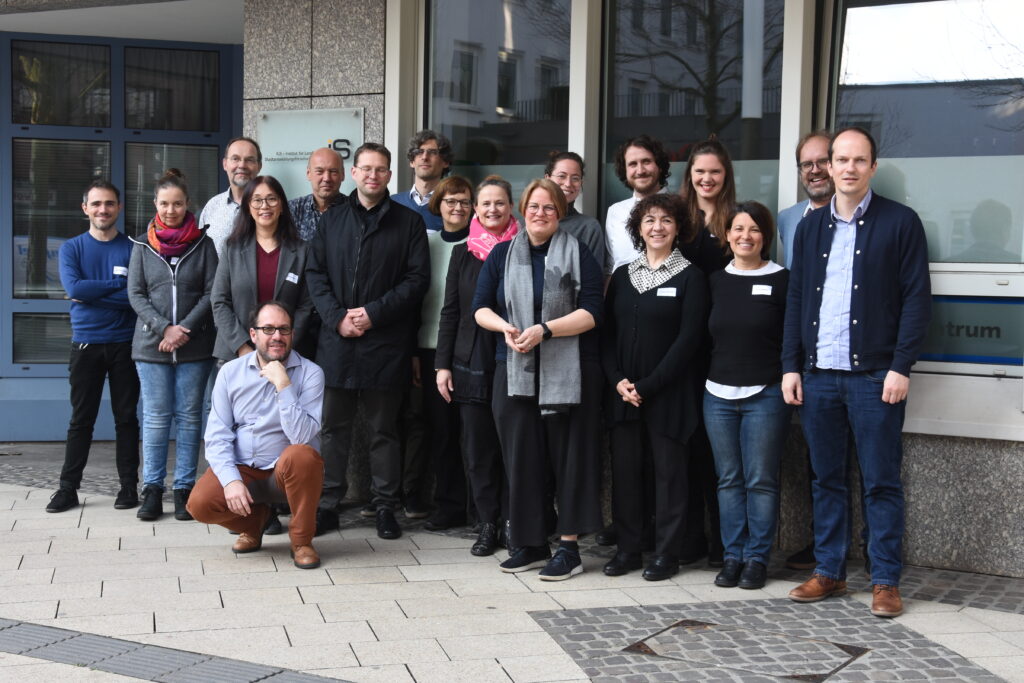
After 3 years of international research between 2021 and 2024, on March 6 and March 7 a final conference was held in the city of Dortmund to present results from the walkurban studies. After an invitation by ILS, members of the different partners from Italy, Germany and Sweden as well as other Guests from similar projects met in the ILS rooms to present key results and discuss the presentations and policy implications.
This was the programme of the final conference. You can access the presentation files of the conference’s presentations by downloading them here. To download a presentation, click on the presentation’s title. The presentation files are ordered by the chronology of the final conference’s presentations.
Day 1: WalkUrban Project Results
- Welcoming Adresses: An introduction by Thomas Klinger, ILS gGmbH
- WalkUrban: An overview by Noriko Otsuka, ILS Research gGmbH
- Objective Walkability: Explanation of the methodology by Janina Welsch, ILS Research gGmbh
- Household Survey: Findings of the WalkUrban research by Katrin Lättmann, University of Gävle
- WalkAlong-Interviews: Methodology and Findings for WalkUrban by Anna-Lena van der Vlugt, ILS Research gGmbH and Edward Prichard, Linköping University
- Citizen Science Tool: Explanation of the methodology by Noriko Otsuka and Janina Welsch, ILS gGmbH
- Walking Strategy Genova: Results from Italy by Paola Debandi, Municipality of Genoa
- Walking Strategy Dortmund: Results from Germany by Johannes Pickert, Planersocietät
- Walking Strategy Göteborg: Results from Sweden by Marie Olsson, Municipality of Gothenburg
Day 2: Other projects and further discussion
- EX-TRA project: City Street Experiments to transform urban mobility by Giovanni Lanza, Politecnico di Milano
- MoTiv project: “getting there is half the fun” – is walking time wasted time? by Veronique Van Acker, Luxembourg Institute of Socio-Economic Research
- Walking strategy Dortmund: Policy implications from one case study city by Johannes Pickert, Planersocietät
- COCOMO project: “COmpeting and COmplementary MObility solutions in urban contexts” by Dick Ettema, Utrecht University
- JUSTICE project: What is an inclusive city policy? by Alexis Conesa, University of Strasbourg
During the WalkUrban-Project we will continously update our deliverables and reports. If you are interested in further information, please contact the project coordinator below.
Contact:
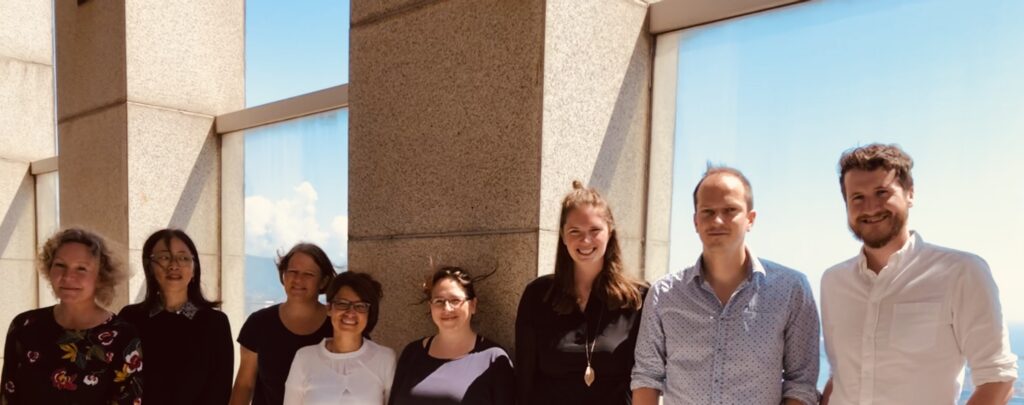
Project coordinator: Dr. Noriko Otsuka, ILS Research gGmbH, E-mail: noriko.otsuka[at]ils-forschung.de
Genoa case study: Roberta Cafiero, Municipality of Genoa, E-mail: ufficioprogettimobilita[at]comune.genova.it
Dortmund case study: Anna-Lena van der Vlugt, Dr. Janina Welsch, ILS Research gGmbH, E-mail: anna-lena.vlugt[at]ils-forschung.de, janina.welsch[at]ils-forschung.de
Gothenburg case study: Dr. Katrin Lättman, University of Gävle, Email: katrin.lattman[at]hig.se



